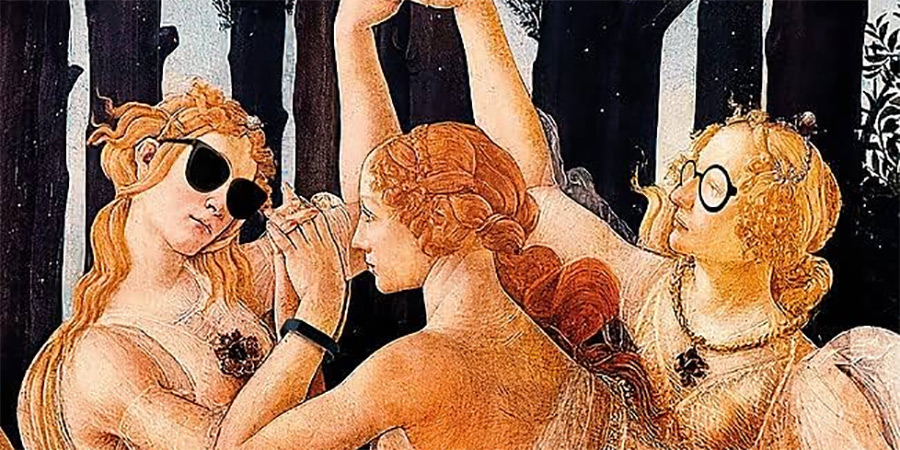This, the latest novel by Amanda Craig, has been sheer pleasure. About three 80-year-old women in Italy, The Three Graces is the first book by Amanda I’ve read. I don’t expect it to be the last, especially now that I know that she recycles her characters, and I can find some of her people in past books.

Just this thing of finding three older women is such an unusual occurrence. I’m not quite 80 yet, but I share so much with them. Not their money, nor their grandchildren, but thoughts about life. Although it begins when middle aged Enzo shoots someone, and this continues to worry and puzzle him. His opinions on foreigners and migrants are not the best, nor is he alone in how he thinks of people who are not from Tuscany.
Ruth’s grandson Olly is getting married, and with his intended bride vlogging all the wedding preparations, the whole world is watching. Children and grandchildren descend on Santorno. It – sort of – builds up to a Mamma Mia moment. You can see what must happen, but not necessarily how.
There are dogs. One of our ladies still has a husband, whom she’d quite like to kill off. Refugees are flowing into Italy, and there is no avoiding the effects of Covid or the war in Ukraine. Both are well done; for the characters as well as for us, but not too much.
Happy and sad, this is both an amusing tale, as well as offering up many pertinent thoughts on life in general, and especially on growing old, while not being too gracious about it. Amanda is doing that thing I approve of, which is to write about what you know. In this case there is Africa, Italy, Hampstead. You feel you are in good hands.








